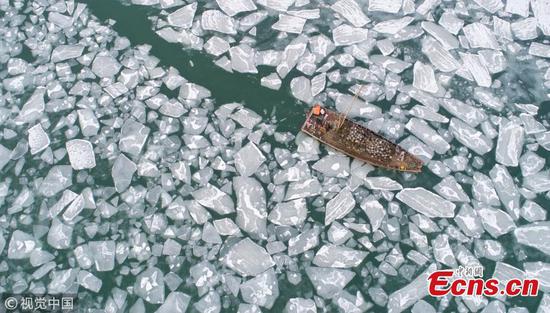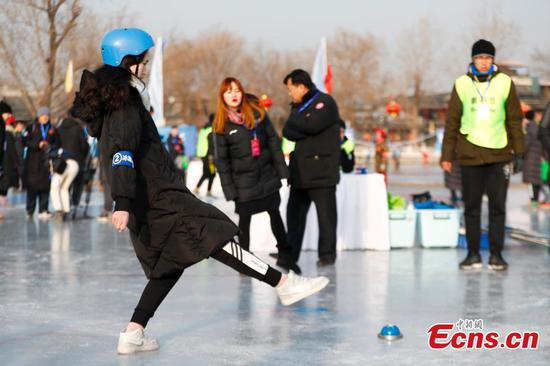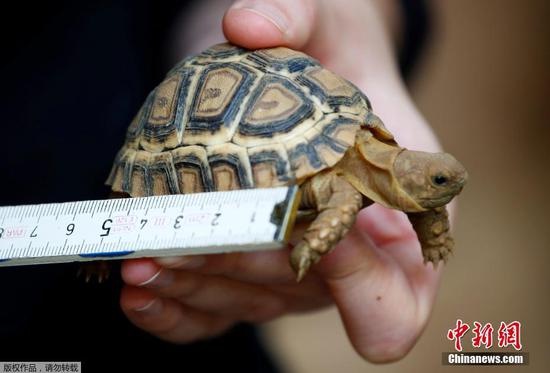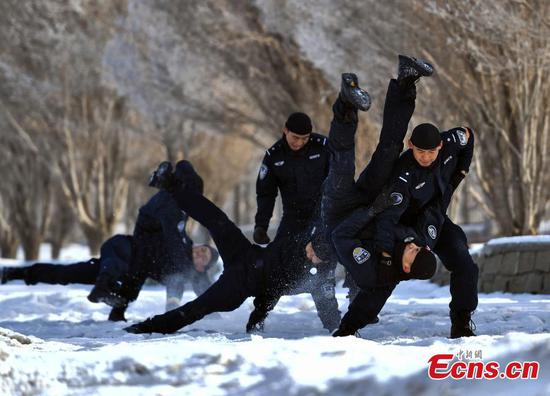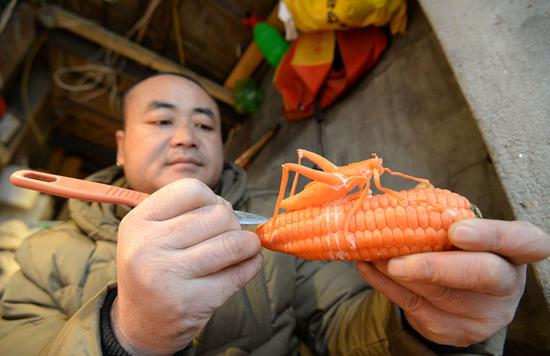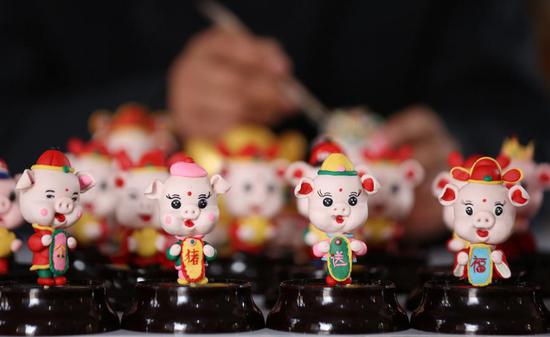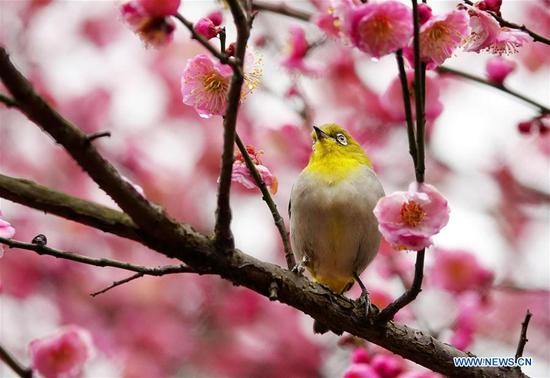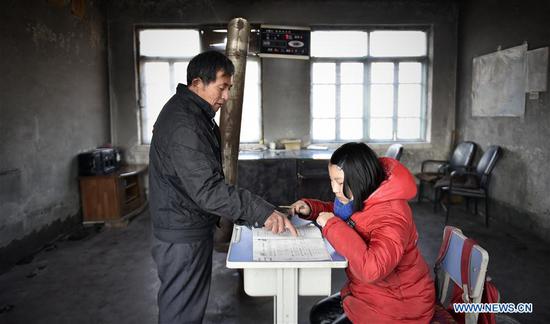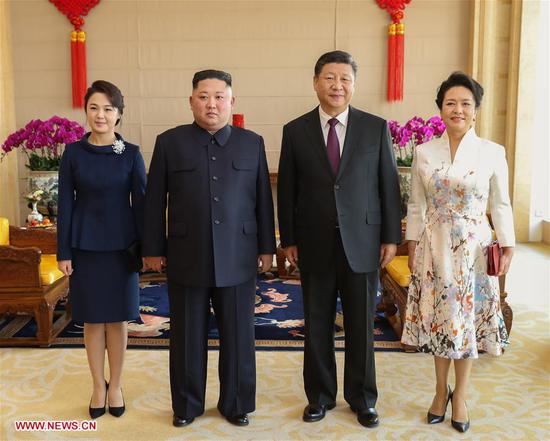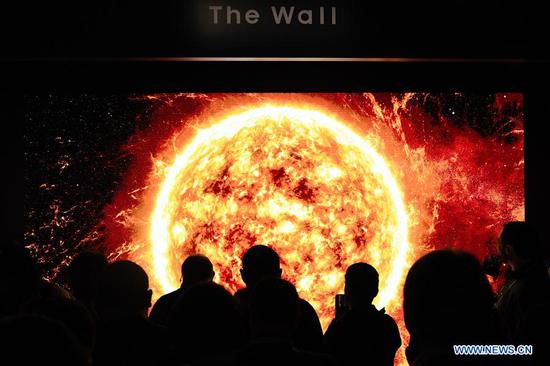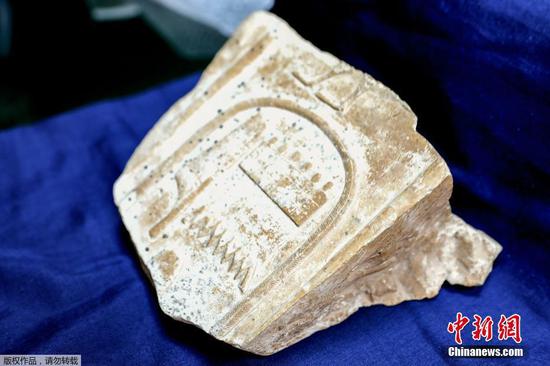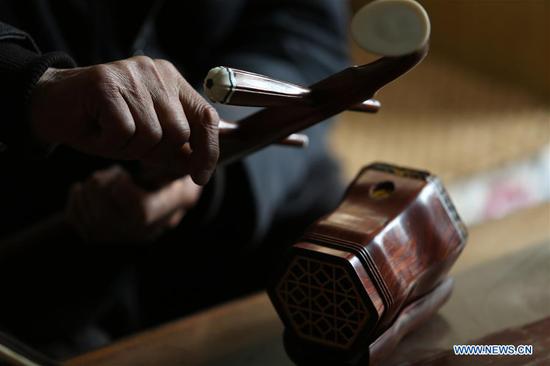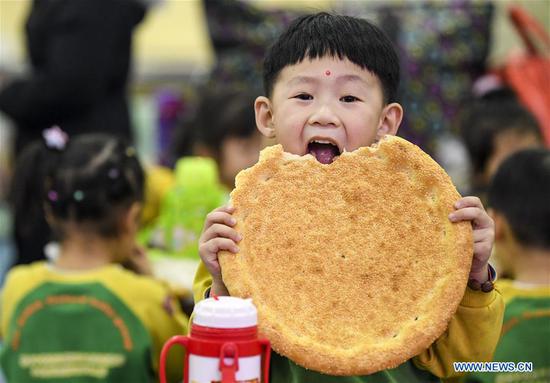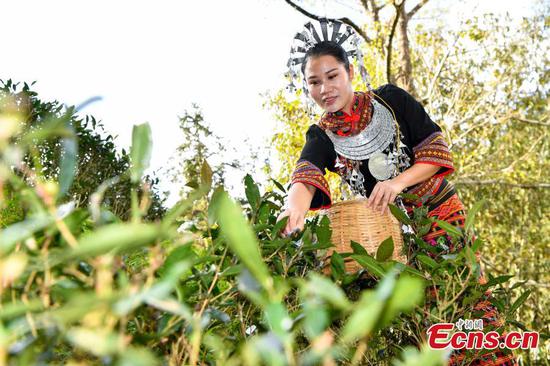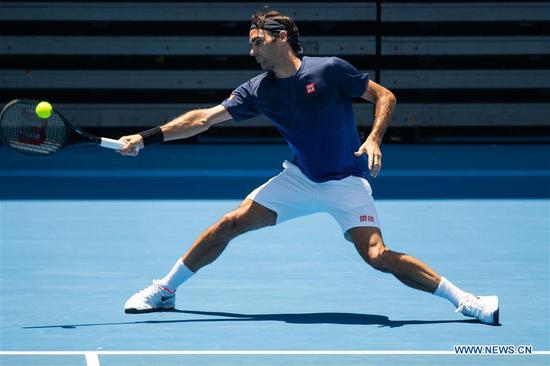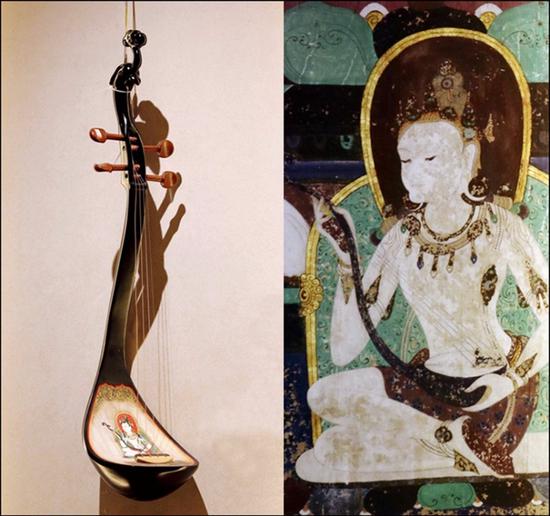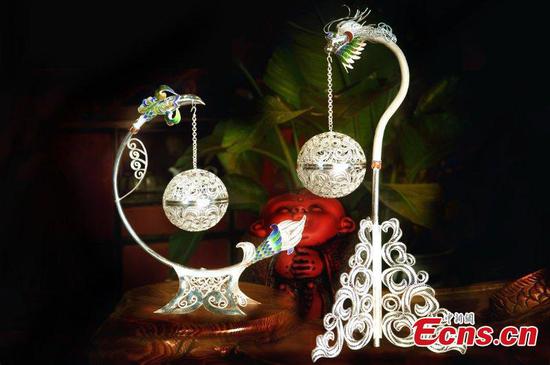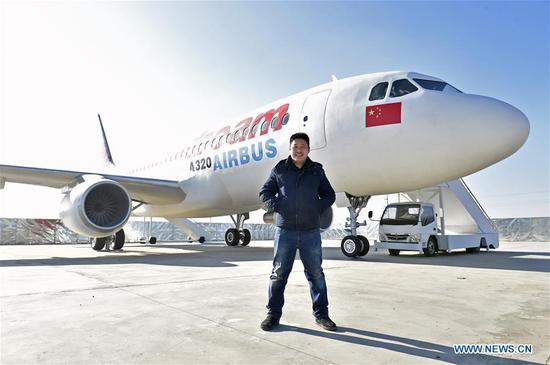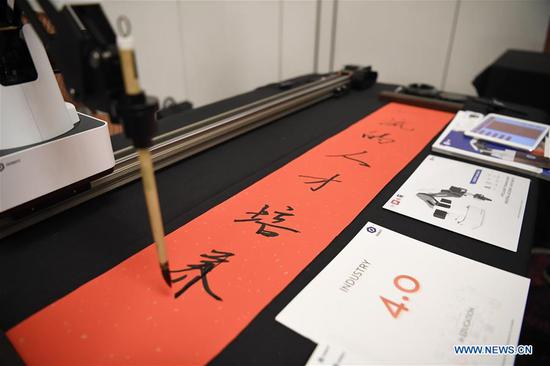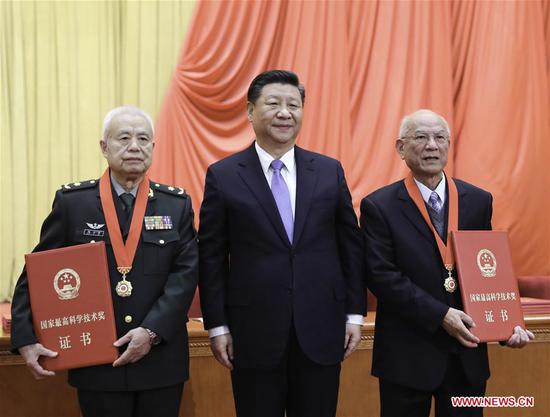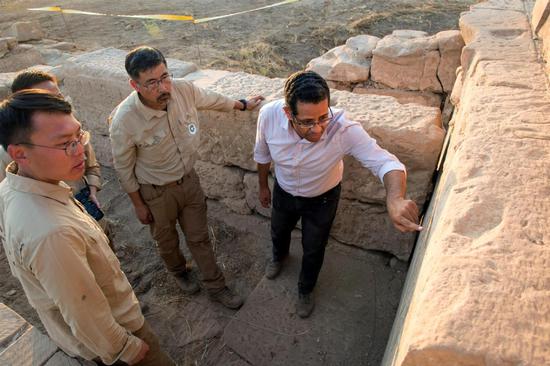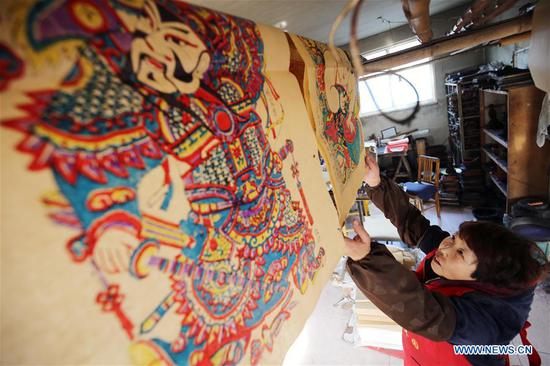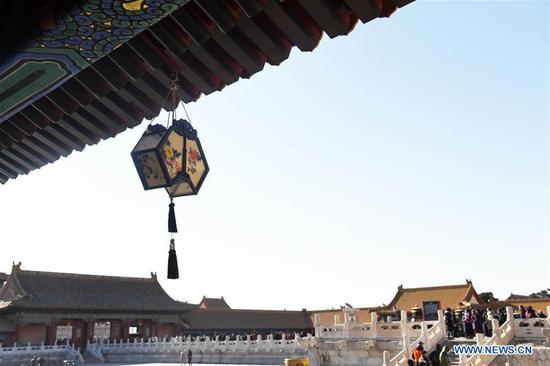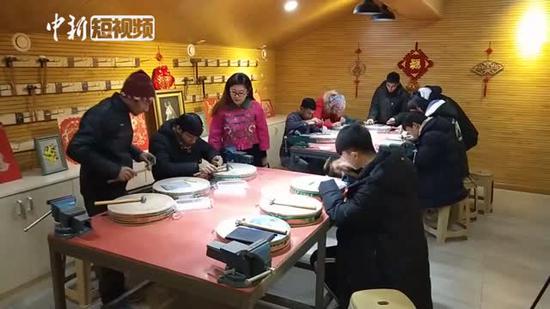
Shanghai resident Jia Qian said her eldest daughter, who is a seventh-grader at the international bilingual YK Pao School, had a full schedule every day during summer vacations in Grades three to five, taking extra courses for Math Olympiads, English and other competitions.
"We probably only rested for three days during the 60-day summer vacations. Both our child and we parents were very, very tired. I nearly had a nervous breakdown," Jia said.
She wanted her daughter to attend a State secondary school, and then send her overseas for undergraduate studies. However, exhausted by the competition, Jia decided to send the girl to a private school.
"If the child is going overseas in the end anyway, why not consider an international bilingual school?" she said.
The girl is still busy most of the time, with lessons in French, piano, flute and tennis, plus preparatory classes for the Test of English as a Foreign Language and debates in English.
Jia said these activities will allow her daughter to decide what she wants to do in the long run. "If she had continued on the State path, at this grade, she would have tons of (academic) homework. But now, she has time to think about why she is learning the things she is learning, which is a good start," she said.
Zheng Yanhong, a mother in Beijing, also opted to send her daughter to an international school after a short time at a State primary.
"Today's public schools follow the same teaching approach as the ones we attended when we were young. They demand strict discipline and high academic performance, whereas the international school pays more attention to the child's personality," she said.
She added that the international school allows her daughter to gain a wide range of skills in addition to academic subjects by offering a greater variety of courses such as handicrafts, art, musical performance and teamwork, which carry equal weight in the curriculum as academic classes.
"It makes the child realize that studying is about more than just learning math, Chinese and English and getting high scores. It creates a more practical, international mindset," she said.
With China's middle-class growing and becoming more affluent, the number of parents who are willing and financially able to send their children to private schools is rising rapidly.
Statistics released by the Ministry of Education in July show that enrollment in the private sector rose to 1.4 million students at primary level and 2.1 million at secondary level last year, accounting for year-on-year rises of 7.9 percent and 10.8 percent respectively. In 2013, the numbers were 3.6 percent and 2.6 percent.
David Mansfield, executive headmaster of YK Pao School in Shanghai, said China's growing engagement with the global marketplace is one of the reasons more parents are opting for the bilingual international education route.
They want their children to continue to feel fully Chinese, but also be capable of building businesses overseas if they wish, in neighboring countries that are participating in the Belt and Road Initiative and also in the United States, Europe and Africa, he said.
That will not only require academic success, but also the development of "soft skills" such as problem solving, analytical thinking and the ability to present themselves effectively and champion their ambitions, according to Mansfield.
As an education professional from the UK, Mansfield said that in the future education will become more international, which will create a global educational community that will foster local talent across the world.
He advocated the development of dual language immersion programs where foreign students will connect with a Chinese environment to learn the language and culture so they will be better able to communicate and learn alongside their Chinese counterparts.
Equally, the programs will allow young Chinese to learn English and develop international awareness from their Western peers.
International schools are often seen as skills-oriented, while public schools are usually regarded as knowledge-oriented. Chinese families are now beginning to realize that the best education in the world is actually the combination of both approaches, of East meets West, he said.
The Chinese education system can help students grasp the key concepts of knowledge and build a solid foundation on which they can then benefit from Western approaches, such as group work and project-based learning to boost their critical thinking abilities and creativity, he added.
"I don't think you can just simply say it's either one or the other-it's both," he said. "In fact, a lot of the good public schools in Shanghai and other parts of China are embracing the Western style alongside the more traditional Chinese style, and I think that's where all good schools are heading."









